Hearing Loss
Hearing Loss Overview
Hearing loss can affect anyone. With 37.5 million American adults experiencing some form of hearing loss, it’s likely you or a loved one have trouble making sense of sounds and conversations. Some of this might feel familiar – asking people to repeat themselves, turning up the television, feeling exhausted after social interactions.
The good news is you don’t have to live with this frustration. A simple hearing test can help identify the source and severity of your hearing loss and get you on the road to good hearing health!
Whether you’ve never had a hearing test before, or it’s been a while, here are some great reasons to schedule that screening.
Reason One: Setting a hearing “baseline.”
Reason Two: Hearing tests are painless.
Reason Three: Hearing tests are the first step to treating hearing loss.
Reason Four: Undiagnosed hearing loss can be unhealthy.
Summary:
Around one in eight people over the age of 12 in the United States presenting hearing loss in both ears, it makes it one of the leading chronic health issues in the country. Yet, according to a survey conducted by the American Speech-Language-Hearing Association, people are much more likely to have their vision tested than to undergo a hearing exam.
We can all agree that healthy hearing helps to support a vibrant and connected life. But more than that, leaving hearing loss undiagnosed and untreated can contribute to emotional and mental disorders like feelings of isolation and depression. It can also cause disruption in our closest relationships. With many studies revealing a close connection between untreated hearing loss and cognitive disorders like Alzheimer’s and dementia, why wait to get yours tested?
Understanding Hearing Loss

Types of hearing loss
Fundamentally, there are two types of hearing loss: conductive and sensorineural. In cases of conductive hearing loss, an obstruction, most commonly ear wax, is impeding sound from entering the inner ear. In a vast majority of cases, the obstacle can be removed and hearing is restored. It can also be caused by a genetic (inherited) disorder.
Sensorineural hearing loss happens when the inner ear is damaged and sound isn’t effectively received to be transmitted to the brain. This can include the important parts of the inner ear as well as the nerves that carry sound to the brain’s processing centers. The causes of this type of hearing loss are most likely age-related or noise-induced and while it can be treated, there is no cure to completely restore hearing.

Age-related hearing loss

Noise-induced hearing loss
Symptoms of Hearing Loss
Hearing loss is notoriously difficult to self-diagnose. In most cases, we lose our ability to hear frequencies along the spectrum gradually, instead of an overall lowering of volume. This means that as adaptable creatures, we can make accommodations for early instances of hearing loss sometimes without even noticing that we aren’t communicating like we used to.
People tend to lose high-frequency sound first. These are higher pitches, like a child’s voice or birdsong. Lower frequency sounds, like a deep voice or bass notes, will probably stick around a while longer. For this reason, speech clarity is one of the first signs of hearing loss. It may seem to you that everyone around you is mumbling their words. You might find yourself asking ‘what?’ more often in conversation. Over time, you might cope by withdrawing from chatting with neighbors and friends or avoiding telephone calls with loved ones. Our hearing loss is often first noticed by our friends and family members, who can also be the greatest motivating factor for intervening in hearing loss.

Choose Healthy Hearing
Hearing loss is a treatable condition and proactive monitoring of your hearing health can make an impact on how long you experience its implications before choosing a more vibrant hearing life.
Our team of hearing health professionals is here to guide you through the easy process of a hearing exam. From there, we’ll help you understand any patterns of hearing loss that is present. Together, we’ll find the path to your healthiest hearing future.
